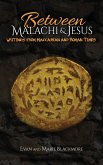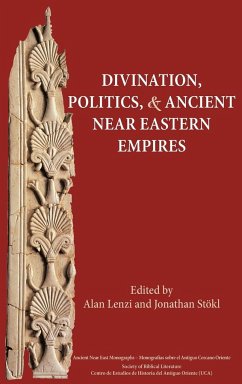A Consequence of Legitimacy examines the political interaction between the Roman emperor Domitian, the Roman senate, the province of Asia, the imperial cult, the Jewish population, and the emerging Christian population at the end of the first century AD. Surveying the first century from various points of view, Rhodes offers a fresh perspective on the relationship of Domitian to a persecution of Christians during his reign, an historical perspective that has implications for the date of the New Testament book of Revelation. Historians agree that Domitian and the Senate were in conflict, but they fail to identify the reason why, outside of blaming Domitian's character. However, by considering the nature of this relationship and the political interaction it produced, one can construct a series of spiraling events that held consequences for the Senate, for Domitian, and, though almost wholly unconnected to them, for Christians as well. In the pages ahead, I hope to explain adequately how these events transpired to produce these unintended consequences. The Senate resented Domitian's ascension to the Principate and considered him an illegitimate emperor. Domitian first sought to combat this by establishing legitimacy in those areas where the Senate noted his deficiencies, but he eventually realized that even these efforts would not appease them. Therefore, he sought legitimacy in his own way in a manner that could bypass the Senate and in a way in which they could not compete by approving a new temple for the imperial cult. However, Domitian's answer to his conflict with the Senate created unintentional consequences elsewhere, particularly for Christians in the province of Asia. As a result of Domitian's own attention to the imperial cult, a zealous provincial administration, intent on proving loyalty during an era of distrust-and wanting very much to maintain the economy of the province-used the imperial cult in the manner consistent with that province's culture and in conjunction with the provincial elites to show enthusiastic support for the emperor. This revival and emphasis on ruler cult created a crisis for Christians in Asia. Their lifestyle appeared "Jewish" to Romans, yet they did not have the same religious protections that Jews had historically enjoyed. This allowed the enemies of Christianity, most of whom were Jewish, the opportunity to pressure them, using the laws of Rome, the imperial cult, the culture of the province, and the politics of the local magistrates as the means, just as they had from Christianity's birth. Therefore, while Domitian did not institute a policy of persecution or pressure against Christians directly, his own pursuit of imperial legitimacy led to this consequence in the province of Asia where conditions proved favorable for the enemies of Christians.
Bitte wählen Sie Ihr Anliegen aus.
Rechnungen
Retourenschein anfordern
Bestellstatus
Storno








